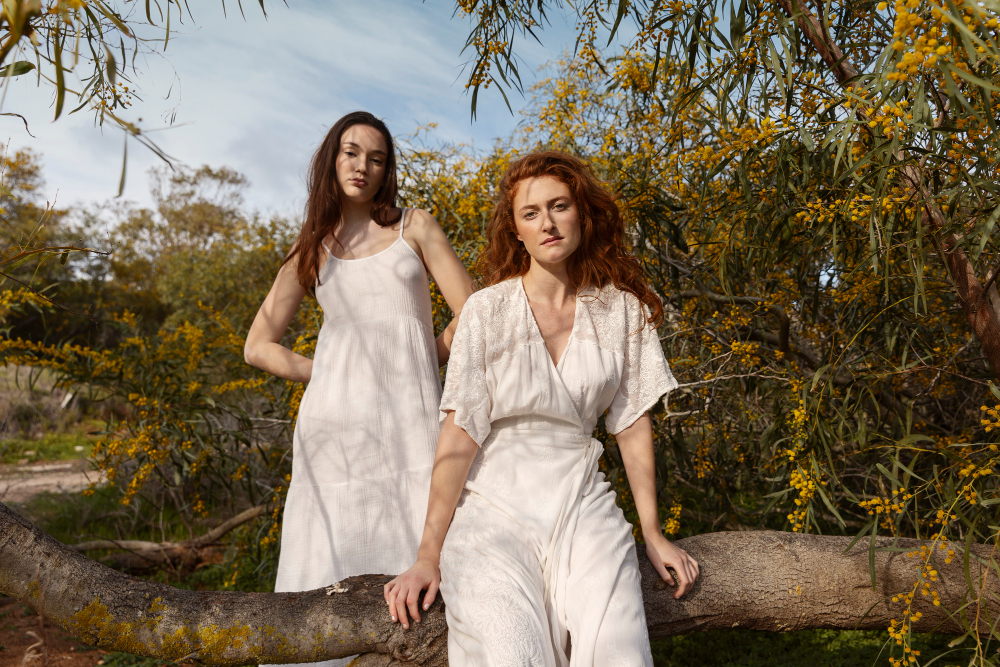It was a specific, almost poetic string of words: 9 jun 06:37 private show bella nasty 69.
To an algorithm, it’s a simple data point. A sequence of keywords—a date, a time, a name, a service, a slang term—strung together by a user in the quiet, curious hours of the early morning. It’s a query designed to find something very specific, a fleeting moment of digital seeking. But if we pause and look closer, if we read it not as a machine but as a human, it tells a story. It’s a fragment of a larger narrative about who we are when we think no one is watching.
This blog post isn’t about that specific search. It’s about the universe of meaning contained within it. It’s about the private shows we all perform, the personas we curate, and the digital ghosts we leave behind.
Deconstructing the Fragment: A Tale in Five Parts
Let’s break down this keyword phrase. Each component is a chapter in the modern human experience.
1. The Timestamp: “9 jun 06:37”
The date and time are hauntingly precise. 6:37 AM on a June 9th. This isn’t a primetime search. This is the first light of dawn, the middle of the night for some, the very start of the day for others. It speaks to a moment of solitude. Perhaps the user was alone before the house woke up, seeking a private moment before the demands of the day began. Or maybe it was the end of a long night, a final digital whisper before sleep. This timestamp underscores the most intimate context of the internet: the personal device in a private space. It’s a reminder that our digital lives are not lived in a vacuum but are woven into the specific, tangible moments of our real ones.
2. The Concept: “Private Show”
The term “private show” has evolved dramatically. Historically, it might have referred to an exclusive theater performance or a VIP concert. Today, in the digital lexicon, it’s inextricably linked to the world of camming and adult entertainment—a one-on-one, personalized performance. But let’s expand this concept. Aren’t we all putting on “private shows” every day?
Your carefully curated Instagram story is a private show for your followers. Your professional LinkedIn profile is a private show for recruiters and colleagues. The version of yourself you present on a first date, or in a job interview, is a curated performance. The digital age has turned identity into a series of audience-specific shows. “Bella” is simply a professional in a specific industry, but her “private show” is a stark, unfiltered metaphor for the selective authenticity we all practice online.
3. The Persona: “Bella Nasty”
“Bella Nasty” is almost certainly a stage name—a brand. It’s a carefully constructed persona designed to be memorable, evocative, and marketable. “Bella,” meaning beautiful, and “Nasty,” pushing against conventional norms, creates a compelling and provocative contrast. This is the essence of personal branding.
We all have our own versions of “Bella Nasty.” We have our “Professional Self,” our “Fun Weekend Self,” our “Passionate Hobbyist Self.” We code-switch and adjust our language, our interests, and even our sense of humor depending on the platform and the audience. The creation of “Bella Nasty” is not an act of deception; it’s an act of specialization. It’s about understanding a market (or a social circle) and presenting the aspect of yourself that best fits that context.
4. The Slang: “69”
Here, the number 69 is used as a shorthand, a piece of digital slang that is universally understood within a certain context. It’s a code. This reflects how language evolves online—towards efficiency and insider knowledge. Emojis, acronyms (LOL, IMO, FTW), and numerical codes allow for rapid, nuanced communication within subcultures. Using “69” is a way for the seeker to quickly and effectively filter content, to signal to the algorithm exactly what kind of “private show” they are looking for. It’s a testament to the power of linguistic evolution in the digital sphere, where new dialects are born daily.
5. The Amalgamation: The Search Itself
When you combine these elements, you get more than a search query. You get a human moment. A person, at a specific time, using the linguistic tools and platforms available to them, seeking a specific form of connection, entertainment, or fulfillment. This is the reality of the modern internet. It is not a monolithic “world wide web” but a collection of billions of these intimate, individual moments happening simultaneously.
The Broader Implications: Your Digital Shadow
This one, specific keyword phrase opens the door to critical questions about our digital lives.
Privacy and the Illusion of Anonymity
The user who typed “9 jun 06:37 private show bella nasty 69” likely felt a degree of anonymity. But as we know, data is the currency of the digital age. That search is not a secret. It’s stored in browser histories, logged by internet service providers, and used by algorithms to build a profile of that user. The “private show” is, in a meta sense, not private at all. It’s data.
This creates a digital shadow—a version of ourselves constructed from our clicks, searches, likes, and purchases. This shadow is often a more accurate reflection of our raw, unfiltered interests than our public social media profiles. Who owns this shadow? How is it used? The story of this keyword is a cautionary tale about the myth of private browsing.
The Commodification of Attention and Intimacy
“Bella Nasty” is not just a person; she is a business. She has monetized her attention and intimacy. This is a direct result of the platform economy, where individuals can leverage their personality and skills to build an independent career. This model empowers creators but also places the immense pressure of constant self-branding and performance on them. The “private show” is work—emotional labor, performance art, and customer service rolled into one.
Furthermore, the seeker’s attention is also a commodity. The platforms that host these interactions sell ad space based on that attention. The entire ecosystem is a complex, multi-billion dollar economy built on these micro-moments of human focus and desire.
The Search for Authentic Connection
Beneath the layers of branding, slang, and data, there is a fundamental human desire: connection. The seeker, at 6:37 AM, wasn’t just looking for pixels on a screen. They were likely seeking a sense of interaction, a break from loneliness, or a personalized experience that mass media cannot provide. The performer, “Bella,” is providing a service, but at its core, it is a form of interactive, human connection, however transactional it may be.
In an increasingly isolated world, the internet has become our primary venue for finding tribes, communities, and even one-on-one interactions that fulfill our social needs. The search for a “private show” is, in its own way, a search for a moment of undivided attention—a increasingly rare and valuable resource.
Conclusion: We Are All Bella
The keyword “9 jun 06:37 private show bella nasty 69” is a digital haiku. It’s a brief, powerful snapshot of a life in the 21st century. It reminds us that:
- Our online lives are deeply personal, tied to specific times and private spaces.
- We are all curators of our own identity, performing different “shows” for different audiences.
- Our digital footprints are permanent, creating a shadow self that is constantly tracked and analyzed.
- At the heart of even the most transactional online interactions lies a human desire for connection and attention.














